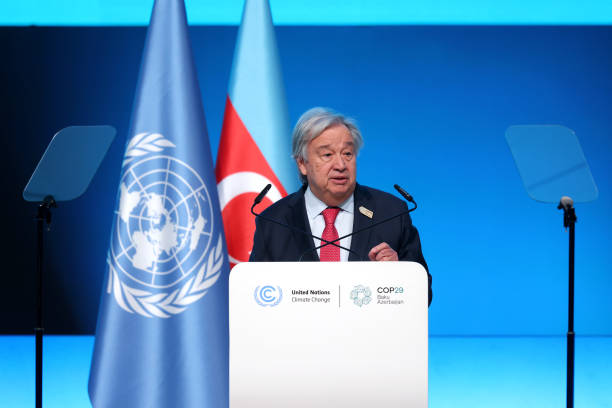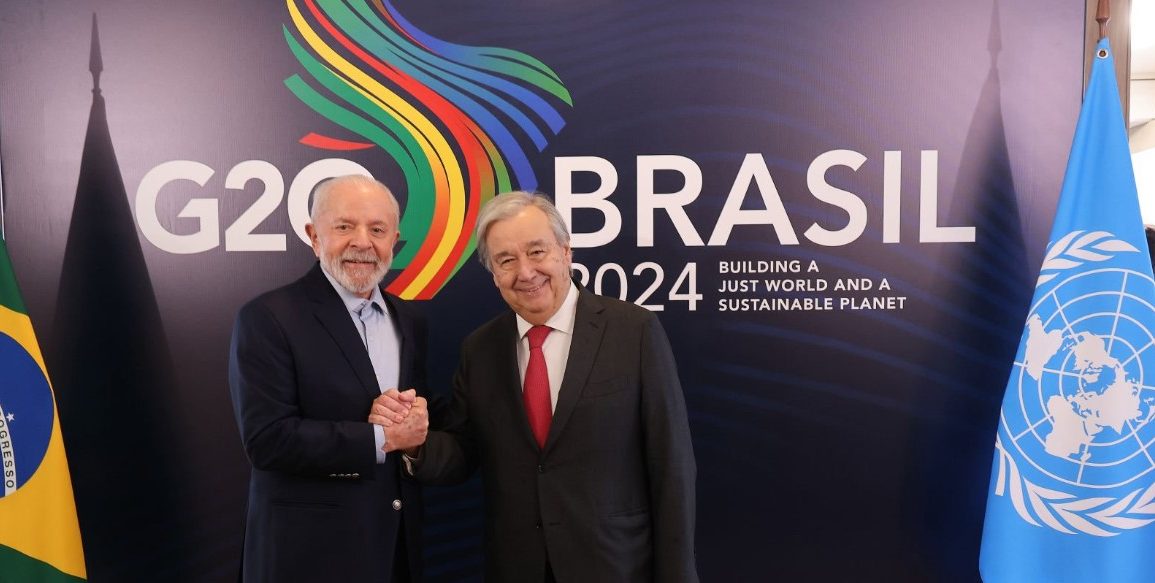As the world continues to face the escalating crisis of climate change, UN Secretary-General António Guterres has warned that humanity is nearing the point of irreversible environmental breakdown.
The global rise in temperatures is on track to surpass 1.5°C above pre-industrial levels, with catastrophic consequences such as the collapse of vital ecosystems like the Amazon rainforest and the Greenland ice sheet.
Guterres emphasized that current efforts to cut greenhouse gas emissions are insufficient, urging governments to take immediate, decisive action.
The past year has seen devastating wildfires, droughts, and extreme weather events, while natural carbon sinks like forests and soil, which play a crucial role in absorbing carbon, have shown signs of strain.
In 2023, these systems absorbed almost no carbon, raising alarm about their future stability.

Guterres warned that without strong measures to preserve biodiversity and protect natural carbon stores, the Earth’s resilience will continue to weaken.
Despite these grave challenges, Guterres remains hopeful that limiting global warming to 1.5°C is still within reach, provided there is a rapid shift in political will.
He stressed the importance of reducing emissions by 9% annually, as opposed to the recent 1.3% increase, to avoid surpassing 2°C of warming, which would lead to widespread societal collapse.
As world leaders prepare to meet at COP29 in Baku, Azerbaijan, the focus will be on increasing climate financing and accelerating the transition away from fossil fuels.
Guterres highlighted that countries like Saudi Arabia and China, with significant economic power, must contribute to the global effort.
Ultimately, he warned that without a unified push to phase out fossil fuels, the world risks a future of irreversible climate damage.

